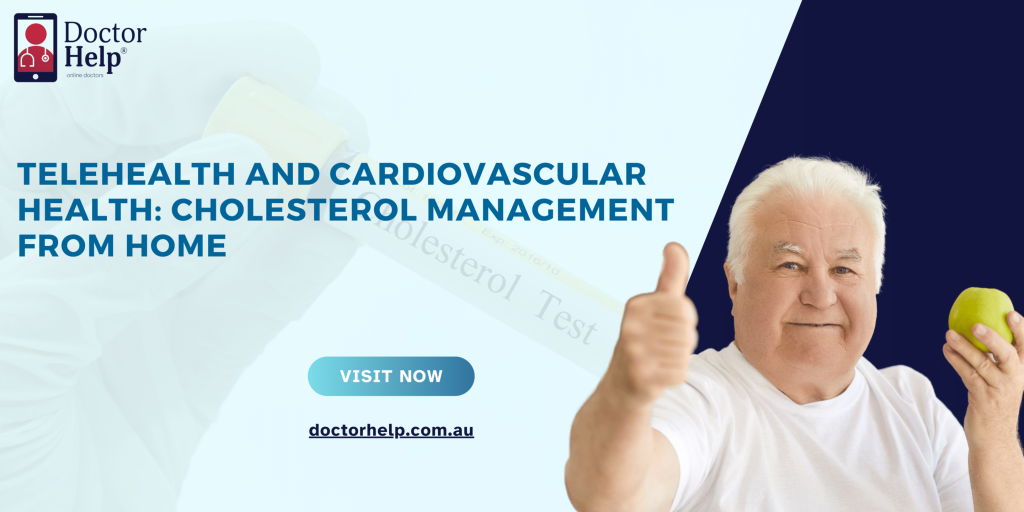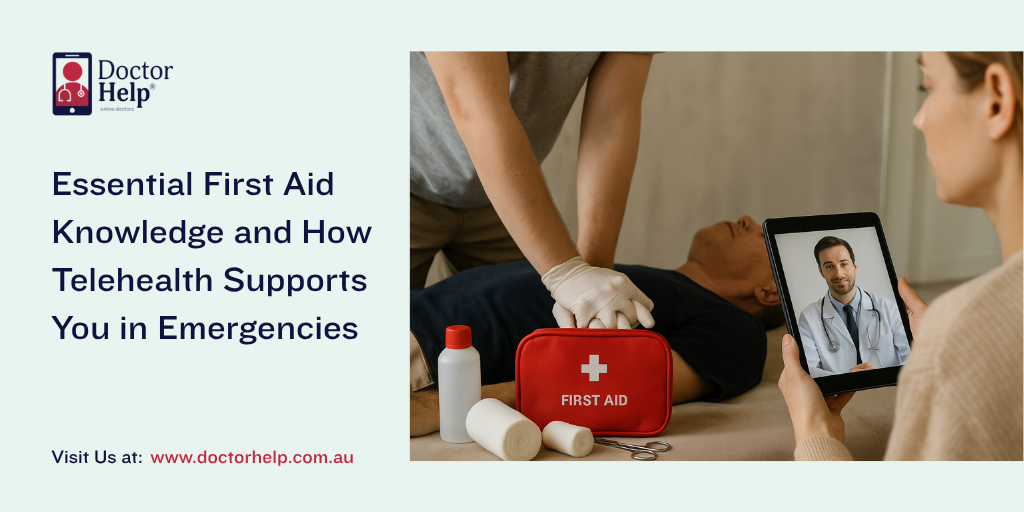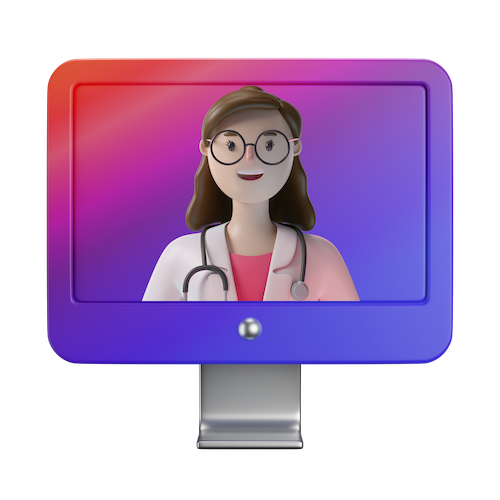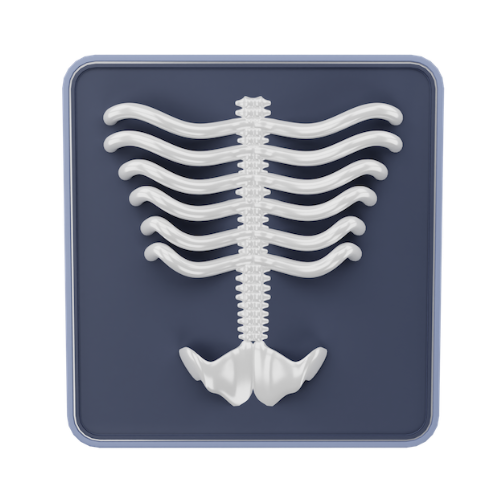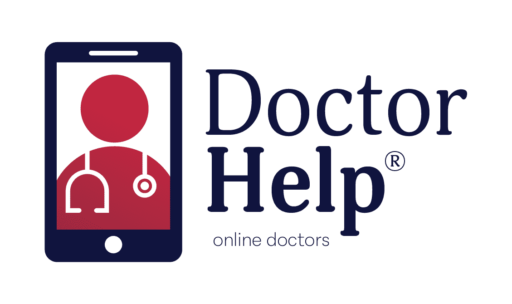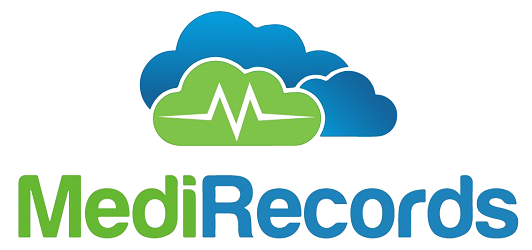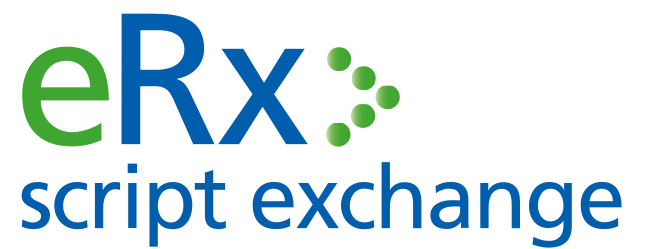Table of Contents
Most people with chronic diseases neglect their initial symptoms which leads to severity, there could be many factors such as busy schedules or they are residing in remote areas. To reduce cardiovascular diseases such as heart attacks and strokes cholesterol management is compulsory.
With the service of Telehealth, it has become more accessible to patients to get timely notice of their health, maintaining levels of cholesterol and heart health.
Research from the Australian Department of Health acknowledges the strong role of telehealth in managing conditions like high cholesterol and cardiovascular disease.
For cardiovascular health and cholesterol management, patients can seek guidance from online doctors and specialist referrals if recommended during the consultation. Telehealth platforms enable patients to monitor their cholesterol levels, monitor their cardiovascular health, all these services are from their comfort at home.
Managing heart problems which includes checking cholesterol levels, and overall management of chronic health issues has become very easy. Patients can get real-time online doctor advice, track progress, and adjust any of their plans, all from the comfort of their homes. This is especially true for those patients who suffer from an irregular graph of cholesterol levels, where ongoing monitoring is essential.
Cholesterol Management and Cardiovascular Risk:
Cholesterol is a waxy substance found in blood vessels. It is important to make healthy cells, but high levels of cholesterol can make fat layers/blockage in blood vessels which are fatty deposits in the bloodstream.
Along with the cholesterol levels, there are also risk factors such as smoking, and high blood pressure, which gives a boost in this domain. These factors, along with good cholesterol and bad cholesterol levels, can significantly affect your cardiovascular health.
Lifestyle Changes For Cholesterol Management
1. Eating a Heart-Healthy Diet
Diet plays an important role in cholesterol management in the body, from the diet point of view, it is suggested to take food intake with low saturated fats and trans fat.
To acquire this diet, it’s very essential to limit some intakes such as full-fat dairy products and red meat as well. Patients should opt for alternatives such as low-fat dairy products, in short, for cholesterol management efficiently patients should be away from foods that are made up of healthy oils, olive oils and vegetable oils.
Specifically, people suffering from heart diseases should attain their diet including more intake of fruits, veggies, whole grains, fish, nuts etc. and at the same time should be away from red meat, and sodium.
At the end of the day, diet plans are made according to the preferences of the clients so there are also flexible diet plans such as the DASH( Dietary Approaches to Stop Hypertension) eating plan which is aligned with the guidelines to help lower the cholesterol.
Suggestion for Smart Eating:
Fat control: Identifying which fats raise LDL cholesterol (saturated and trans fats) and which ones don’t (unsaturated fats) is key to lowering your risk of heart disease.
Cook healthy: Prepare meals that meet the criteria of your desired plan, this activity will help you to manage and lower your cholesterol levels.
2. Increasing Physical Activity
According to AIHW it is recommended to do 150 minutes of moderate level of exercise for adults can have a positive impact on health. This also makes you manage your weight which can be the cause of many health issues.
A sedentary lifestyle can lower HDL (good) cholesterol levels, which means there’s less good cholesterol to remove bad cholesterol from your arteries. Regular physical activity in daily routine can improve the levels of HDL and LDL cholesterol levels.
3. Role of Smoking:
Smoking and vaping open a path of lowering the level of good cholesterol in your body increasing the risk of coronary heart disease. Smoking also intensifies some other factors as well such as high blood pressure and diabetes.
By quitting smoking, you can lower your triglycerides and improve HDL cholesterol levels. This can help reduce damage to your arteries and improve overall heart function.
The Future of Telehealth in Cardiovascular Health:
Maintaining cardiovascular health includes adopting some healthy heart-friendly habits such as quitting smoking, and maintaining a healthy lifestyle, patients can significantly lower their cholesterol levels and improve heart health. Keeping in mind that emergencies require prompt efforts to take patients to the nearest healthcare facility as online consultation is not a substitute of emergency care. Telehealth services have opened the door for patients to manage their cholesterol, allowing them to receive timely medical advice in non emergencies, pathology and specialist referrals (on request). Even from remote areas, get access to concentrated primary medical help without specially dedicating time to travelling to a clinic, from home.
Doctor Help offers an option for patients with busy schedules to get connected with an after-hour GP for cholesterol management. This platform not only focuses on giving the reports but also on fixing the patient’s current state to the very best with the help of connecting patients to healthcare professionals to discuss further more.
If you are also facing issues with cholesterol management, then book a consultation now!

